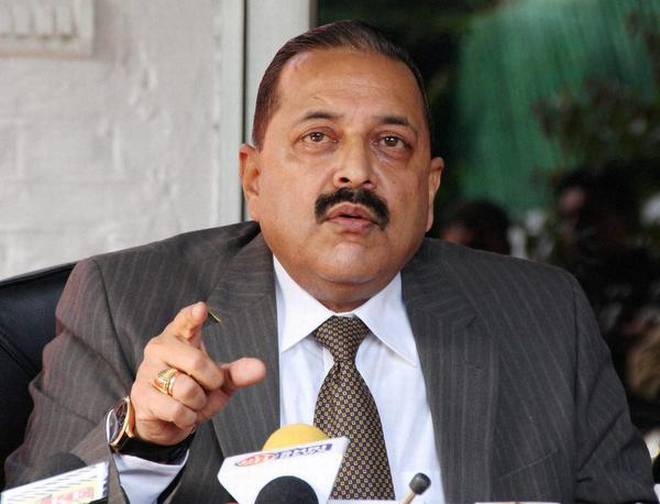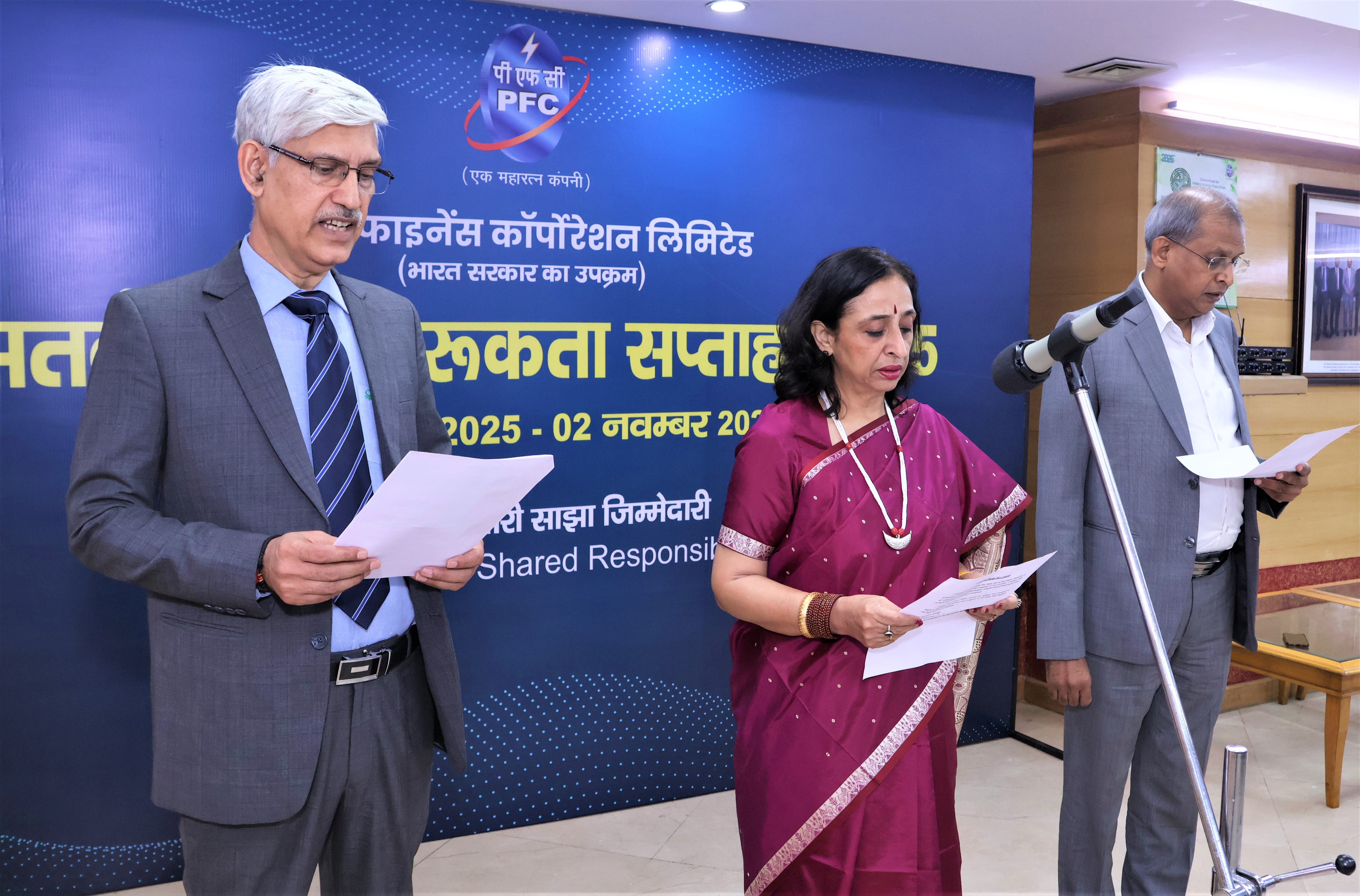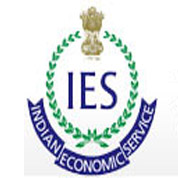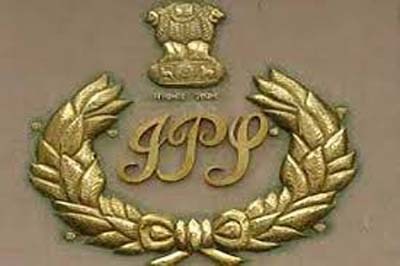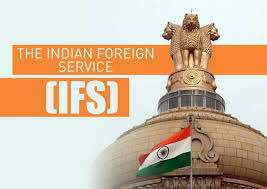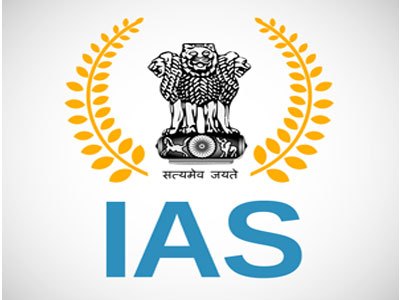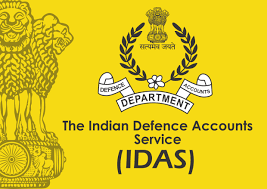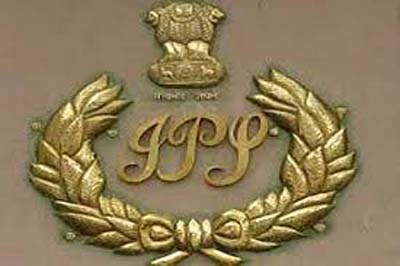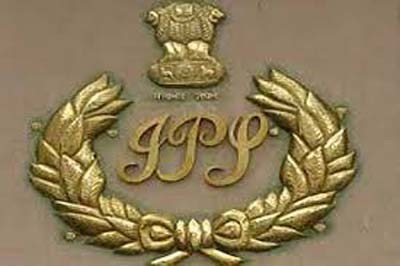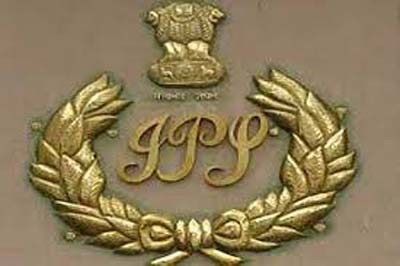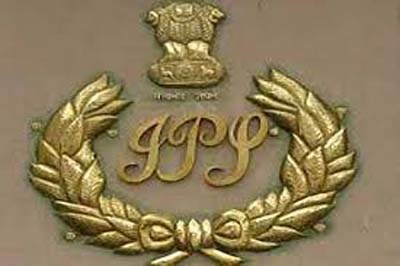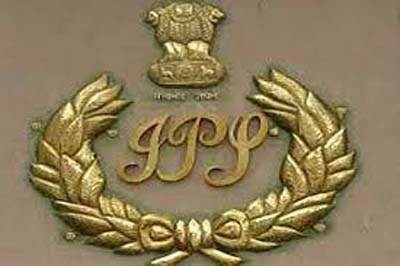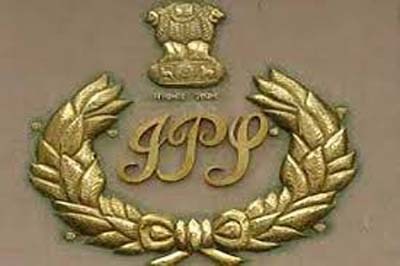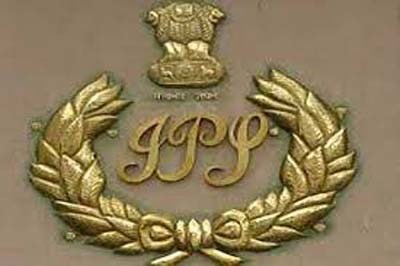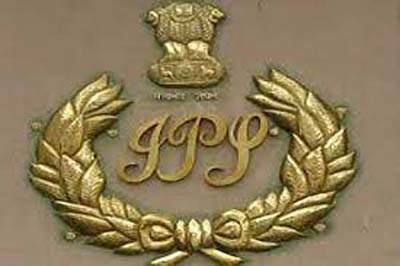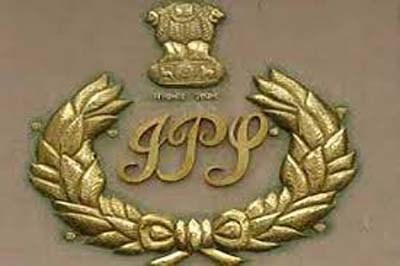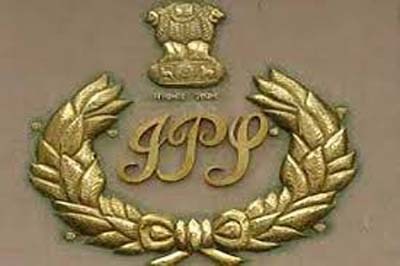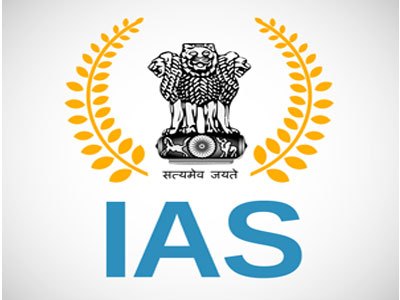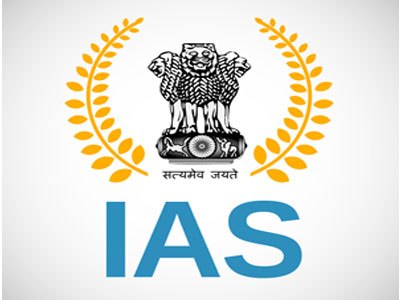Dr. Jitendra Singh highlighted common stake of the two countries in 'Blue Economy'.
The Minister called for deeper cooperation between India and Mauritius in emerging areas such as fisheries, ocean technologies, and desalination, describing them as “new frontiers of sustainable growth and mutual prosperity” for both maritime nations.
Addressing senior Mauritius civil servants at the National Centre for Good Governance (NCGG) in New Delhi, he said India’s vast experience in marine resource management and ocean-based technologies could play a pivotal role in supporting Mauritius’s development goals.
Dr. Jitendra Singh, who was interacting with a delegation of 17 senior officials from 14 Mauritian ministries attending the 2nd Capacity Building Programme for Senior Civil Servants, spoke at length about India’s success in harnessing ocean resources through initiatives like the Deep Ocean Mission. He said India’s expertise in desalination—turning seawater into potable water—had already transformed island territories such as Lakshadweep and could offer practical solutions for Mauritius, which faces challenges of freshwater scarcity despite being surrounded by the ocean.
“Water, water everywhere, not enough to drink—this contradiction can be addressed through technology, said the Minister. Our desalination plants have successfully converted saline water into drinking water while generating green energy from the same process,” Dr. Jitendra Singh observed during the interaction.
The Minister also encouraged Mauritian officials to explore collaborative projects in the blue economy and marine research, suggesting that India’s Earth Sciences institutions and related agencies could work closely with Mauritian counterparts to develop a ten-year blueprint for ocean economy development. He emphasised that partnerships in ocean science, renewable energy, and digital governance could not only drive economic growth but also strengthen the resilience of island nations facing climate and resource pressures.
The programme, being held from November 10 to 15 at NCGG, is part of a long-term cooperation framework signed between India and Mauritius in March 2025, under which 500 Mauritian civil servants will be trained over five years. The current delegation, led by Dr. Dhanandjay Kawol, Senior Chief Executive of the Mauritian Ministry of Public Service and Administrative Reforms, represents one of the most senior batches to visit India under this initiative.
In their interventions, Mauritian participants acknowledged India’s support in critical infrastructure and governance reforms, including the establishment of the new Forensic Science Laboratory, renewable energy projects such as floating solar panels, and digitalisation efforts in education and social security. They also expressed interest in leveraging India’s technological expertise for performance-based budgeting, fiscal accountability, and public service efficiency.
Dr. Jitendra Singh noted that technology is a powerful enabler of transparency and accountability, helping governments build trust and deliver better outcomes. “Technology contributes to transparency, and transparency leads to transformation,” he said, underlining India’s journey toward digital governance over the past decade.
India and Mauritius share a unique bond rooted in history, culture, and people-to-people ties. Nearly 70 percent of Mauritians trace their ancestry to India, and cooperation between the two countries spans infrastructure, education, maritime security, and skill development. Dr. Jitendra Singh said that the ongoing collaboration in civil service capacity building represents a “fruitful investment in future governance,” one that will help both nations cultivate transparent, efficient, and citizen-centric administrative systems.
As the week-long programme continues, both sides are expected to explore potential projects in the blue economy, renewable energy, and desalination technology—sectors that, as Dr. Jitendra Singh noted, could “define the next decade of India–Mauritius partnership.”
